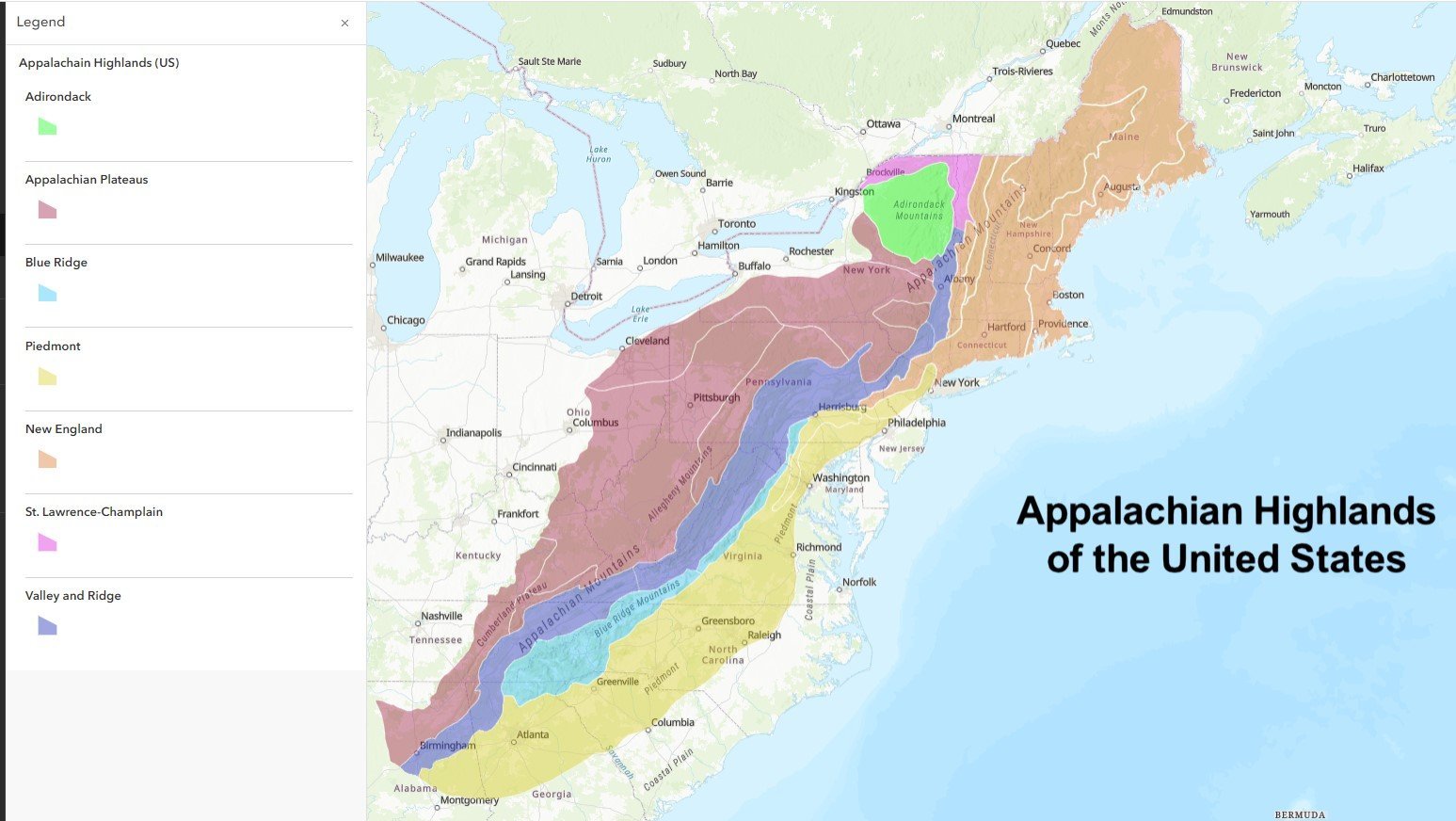Hikers seeking alternatives to the classic Appalachian Trail have numerous breathtaking options across the Appalachian Mountain range. Whether you’re a day hiker, weekend warrior, or long-distance trekker, these alternative trails offer diverse landscapes, challenging terrain, and stunning mountain vistas without the intense commitment of a full Appalachian Trail thru-hike.
What Are the Best Appalachian Trail Alternatives?

Top Day Hike Alternatives
| Trail Name | Location | Distance | Difficulty | Highlights |
|---|---|---|---|---|
| Foothills Trail | SC/NC | 77 miles | Moderate | Blue Ridge Mountain views |
| Bartram Trail | GA/NC | 115 miles | Moderate-Challenging | Historic forest paths |
| Loyalsock Trail | Pennsylvania | 59 miles | Challenging | Waterfalls and plateau terrain |
Why Seek Appalachian Trail Alternatives?
Hikers might choose alternative trails for several compelling reasons:
- Less Crowded Routes
- Fewer hikers competing for trail space
- More solitude and wilderness experience
-
Reduced environmental impact
-
Flexible Hiking Options
- Shorter section options
- Varied difficulty levels
- Easier logistical planning
Nearby Trail Exploration
Benton MacKaye Trail
- Location: Georgia, Tennessee, North Carolina
- Total Length: 288 miles
- Terrain: Mountainous, forested
- Unique Characteristics:
- Parallel to Appalachian Trail
- Less trafficked
- Similar scenic mountain views
Cumberland Trail
- Location: Tennessee
- Highlights:
- Scenic river crossings
- Waterfall landscapes
- Diverse ecosystem exploration
Section Hike Strategies
For hikers wanting flexibility, consider these alternative approaches:
- SOBO (Southbound) Hiking
- Start at Mount Katahdin, Maine
- Avoid traditional crowd patterns
-
Experience unique trail perspectives
-
Flip-Flop Hiking
- Begin at Harpers Ferry, West Virginia
- Hike in multiple directions
- Customize your hiking experience
Preparation Tips for Alternative Trails
- Research trail conditions
- Check seasonal accessibility
- Prepare appropriate gear
- Understand local regulations
- Carry detailed topographic maps
Conservation and Trail Etiquette
When exploring these alternative routes, remember:
– Practice Leave No Trace principles
– Respect local wildlife
– Support trail maintenance efforts
– Minimize environmental impact
Physical Preparation
Before embarking on alternative trails:
– Build cardiovascular endurance
– Practice with weighted backpacks
– Understand personal fitness limitations
– Consider training hikes on similar terrain
Conclusion

Appalachian Trail alternatives offer incredible opportunities for hikers seeking diverse mountain experiences. Each trail presents unique challenges and breathtaking landscapes, ensuring memorable outdoor adventures.

